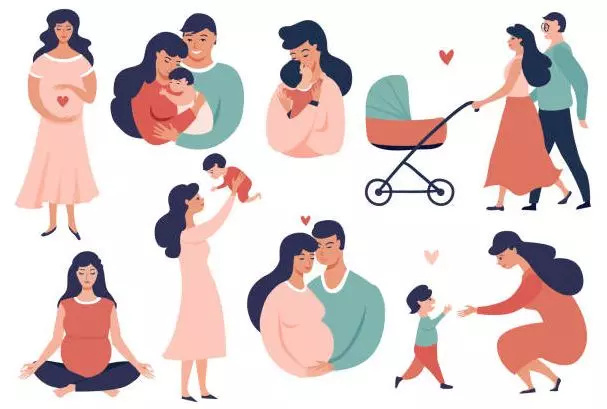
Infertility is becoming a pressing global issue, with one in four couples in India now facing challenges in conceiving. This concerning trend positions India as a potential hotspot for fertility issues, particularly among urban and semi-urban pairs. Dr. Durga G. Rao, co-founder and medical director of Oasis Fertility, highlighted the need for educational initiatives to tackle rising infertility rates, attributing them largely to lifestyle choices and environmental factors.
At a recent event in Hyderabad, she noted that the average fertility rate in Andhra Pradesh and Telangana is currently 1.7, nearing the replacement level of 2.1. Significantly, South India is witnessing a sharper rise in infertility rates compared to the North. If unchecked, India may face a population decline akin to Japan and Korea, leading to severe economic repercussions. Dr. Durga dispelled myths about IVF, clarifying that treatments can be conducted year-round without complications.
The factors contributing to infertility include busy work schedules, smoking, alcohol use, and environmental pollution. Dr. Durga also mentioned a growing acceptance of social egg freezing for those postponing parenthood for career pursuits. Additionally, male fertility issues have surged by 20% over 30 years, fueled by lifestyle choices.
Fertility treatments can present significant financial challenges, costing over 1.75 lakh, although financing options are available. Experts like Dr. Vasundara Cheepurupalli note that irregular menstrual cycles in women and declining sperm counts in men are major issues, making early reproductive health checkups essential. Educating young adults about reproductive health and encouraging timely checkups after the age of 28 are vital steps forward.
Innovative treatments have also emerged to assist couples wishing to conceive, including drug-free IVF options beneficial for those with PCOS and advanced genetics-testing techniques that enhance pregnancy success rates for couples facing chromosomal challenges.


